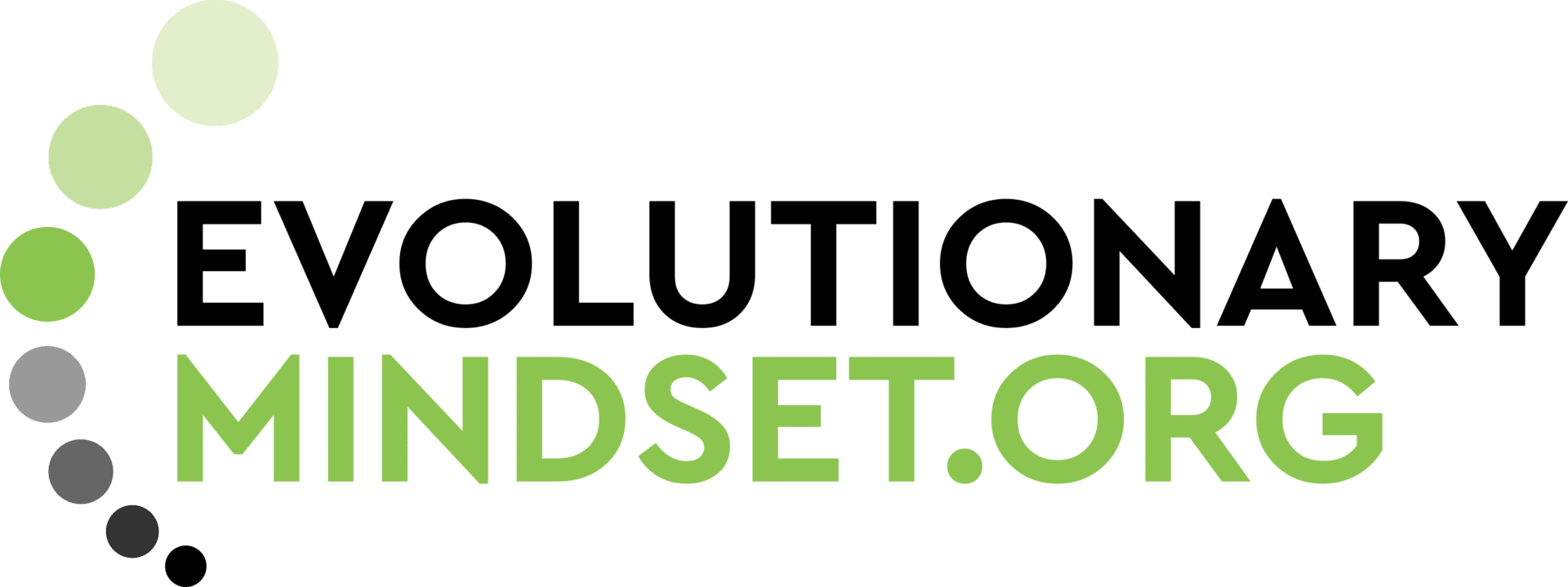
Applying an Evolutionary Approach to Integrated Marketing Campaigns
The pace of marketing is getting faster every day. It’s becoming more competitive and more difficult to stand out in a crowded marketplace, capture attention, and drive results. Creating integrated campaigns that resonate deeply with audiences requires an adaptive and customer-centric approach. Evolutionary marketing, which draws on the principles of the science of evolution, offers a powerful framework for developing campaigns that deliver meaningful value while achieving business objectives.
By focusing on the greater good, fostering empathy, and leveraging creativity, marketers can build campaigns that evolve to meet the ever-changing needs of the target audiences.
What is Evolutionary Marketing?
At its core, evolutionary marketing emphasizes putting the customer at the center of every decision. It involves:
- Focusing on the greater good: Aligning campaigns with values toward making a better world.
- Customer-centricity: Apply empathy and deeply understand customer pain points and motivations.
- Creative problem-solving: Conceptual thinking to develop innovative ideas that enhance the customer relationship, providing added value to grow bigger and better together.
- Adaptability: Continuously testing, reflecting, and adjusting campaigns to optimize performance.
This iterative approach ensures that campaigns are relevant and impactful, creating long-term value for the brand and its audience. To effectively apply an evolutionary approach to developing a successful, integrated marketing campaign, it is essential to include these four key elements:
- Clearly Defined Target Audience: Understanding who your audience is at a deep level, how they operate, and what motivations, needs, and wants they have.
- Consistent Messaging Across Channels: A unified message that ensures clarity of your value proposition, how that aligns with your audience, and how it builds trust.
- A Well-Defined Brand Narrative: A compelling story that aligns with the brand’s mission and values creates an emotional connection.
- Strategic Use of Multiple Marketing Channels: A strategy leveraging platforms that connect with your audience throughout the buying process.
Best Practices for Evolutionary Marketing Campaigns:
Crafting marketing campaigns that drive results requires a tight integration of strategy and execution. Successful campaigns combine evolutionary science and the latest AI and technologies for scale automation, segmentation, and personalization, aligning with target audiences’ needs and motivations.
By tapping into modern marketing approaches and technology, marketers can create campaigns that drive performance and build lasting customer relationships at scale.
- Hyper-Segmentation and Personalization: Use data to create highly specific audience segments and tailor marketing to their unique preferences. Personalization fosters deeper engagement and loyalty.
- Aligning with Human Needs and Motivations: Drawing on Maslow’s hierarchy of needs, campaigns should address fundamental desires such as safety, belonging, and self-actualization.
- Harnessing AI for Automation: AI-powered tools streamline processes such as audience segmentation, predictive analytics, and dynamic content creation, enabling marketers to focus on strategic innovation.
Examples of Evolutionary Integrated Campaigns:
Nike’s “You Can’t Stop Us” campaign is a great example of an evolutionary approach. By centering on themes of resilience and inclusivity, Nike addressed core human needs for belonging and achievement. The campaign’s adaptive use of data-driven insights and consistent messaging across platforms created a global impact.
Another example is Spotify’s “Wrapped” campaign, which uses hyper-personalization to celebrate users’ unique listening habits. This approach aligns with individual motivations for recognition and enjoyment and fosters a deeper connection between users and the platform.
A personal client example is RedLine Solutions’ “Integrity Campaign.” I worked with this client to write a book, “Produce Traceability Integrity,” on achieving FSMA 204 safety compliance for produce growers and packer-shipper clients. With the government-mandated food safety compliance deadline fast approaching, fear of fines for not achieving compliance and potential lawsuits is prominent within the industry.
To address this, RedLine has provided the book and free training, webinars, and discussion groups to guide their clients through the process. This campaign tapped into Maslow’s hierarchy of needs by addressing the foundational desire for safety and the psychological need for confidence. By promoting these resources across digital media and live events, RedLine fostered trust and alignment within the industry. The campaign emphasized the greater good of enhancing food safety standards while equipping clients with the tools and assurance needed to succeed.
Applying an evolutionary approach to integrated marketing campaigns ensures maximum results. Marketers can craft campaigns that resonate deeply with audiences and deliver sustained results by focusing on customers’ needs in alignment with the greater good, adding value, and evolving the campaign with an adaptive approach.
Embracing continuous improvement and leveraging advanced tools like AI ensures that campaigns remain responsive to the customer and impactful in today’s marketplace.
Please feel free to reach out to me at anytime for a free consultation: https://www.linkedin.com/in/carmenlwilliams/
